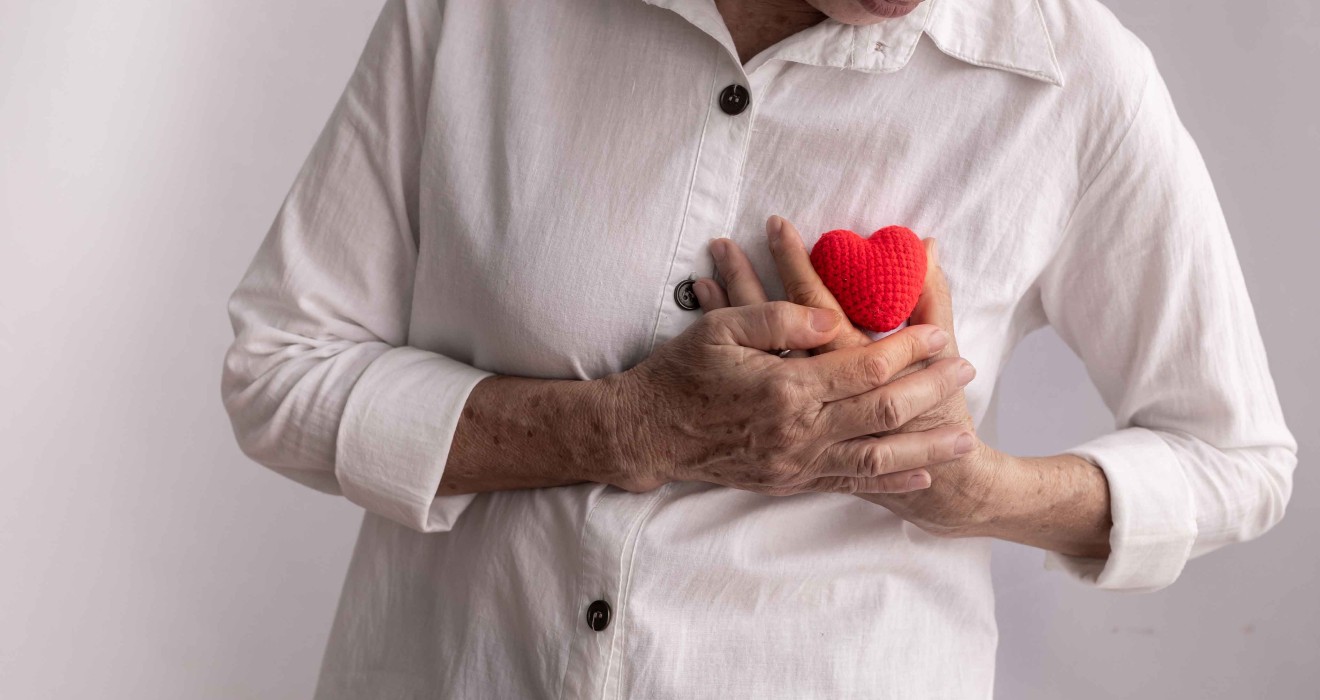
What You Need to Know After a Heart Attack
Smokers are 2-3 times more likely to have a heart attack than non-smokers. That is why we, as healthcare professionals, emphasize the importance of lifestyle changes after a heart attack. We closely monitor the recovery process of our patients who have had a heart attack.
Based on our experience, patients usually return to their daily activities within 2-6 weeks. However, we have observed that exercise training, which is part of cardiac rehabilitation programs, reduces the risk of death in heart patients by 26%. For this reason, we recommend at least 150 minutes of moderate-intensity exercise per week during the rehabilitation process.
The First Week After a Heart Attack
The first week after a heart attack is one of the most critical periods of the recovery process. Patients typically stay in the hospital for 2 days to a week. This period may be extended if complications arise or if bypass surgery is planned.
Upon discharge, unless otherwise instructed by the physician, a rest period of approximately 1-2 weeks is required. It is very important to allow the body to recover during this time. It is vital to use medications as prescribed by the physician. Medications should never be discontinued or changed without consulting the physician.
It is generally recommended to have a follow-up visit within the first week after discharge. Be sure to bring all medications you are taking with you to this appointment. Also, be sure to check that the medications you have purchased from the pharmacy are the same as those prescribed.
In the first week after a heart attack, you should pay attention to the following:
- If you experience chest pain or shortness of breath, contact your doctor immediately.
- Avoid traveling by plane during the first week
- It is recommended that you postpone driving for 1-2 weeks.
It is very normal to experience emotional reactions such as fear, anxiety, depression, or denial of the illness during this period. Gradual cardiac rehabilitation programs will help you overcome these feelings and regain your confidence.
Extended sick leave often has a negative effect. Therefore, it is recommended that you engage in light to moderate physical activity as approved by your doctor. However, if you work in a physically demanding job, you must consult with your doctor about when you can return to work.
The First 30 Days After a Heart Attack
Within 15-20 days after discharge, you can resume your normal sexual life if you have no complaints. However, if you have experienced complications such as heart failure or serious arrhythmia, you must consult your doctor. Especially if you are using sublingual nitrates, you should definitely not take medications that increase sexual potency. This combination can cause serious drops in blood pressure and even death.
Regarding returning to work, patients without arrhythmia or heart failure can typically resume work two weeks after discharge. If you work in a physically demanding job, your recovery period may be extended to 4-6 weeks. Additionally, during this period:
- You can begin driving within the city 1-2 weeks after discharge.
- You can travel by plane 2-3 weeks after discharge.
- You can do light household chores after two weeks
The 30-day period after a heart attack is also ideal for cardiac rehabilitation. Regular physical exercise can reduce your risk of cardiac death by 26%. It is recommended to start with light walks and progress to at least five 30-minute sessions of moderate-intensity exercise per week.
How Should Treatment Be Administered After a Heart Attack?
The treatment process after a heart attack is vital for protecting your long-term health. The risk of death and readmission to the hospital after discharge is quite high for patients with acute coronary syndrome. Approximately 10% of patients are readmitted to the hospital within a year with the same symptoms.
Medication forms the basis of the treatment process. Anticoagulant medications (aspirin and clopidogrel) reduce the risk of another heart attack by 25%. In addition:
- Beta-blocker drugs: These slow down the heart rate, thereby reducing oxygen demand.
- ACE inhibitors: These are used in patients whose heart performance has fallen below 40%.
- Statins: These are used to lower LDL cholesterol levels below 70 mg/dL.
- Nitrates: These relieve chest pain and dilate the heart vessels.
Psychological support and cardiac rehabilitation programs are important in the treatment process for patients who have had a heart attack. Depression can be seen in half of patients who have had a myocardial infarction. If left untreated, the risk of infarction may increase. Cardiac rehabilitation programs support physical, psychological, and social recovery, helping patients return to their daily lives. In addition, treatments such as pacemakers or ICDs may be recommended for patients with poor heart performance. Regular check-ups and medication use are also important for the treatment process to be successful.
Lifestyle Changes After a Heart Attack
Lifestyle changes are one of the most fundamental elements of recovery after a heart attack. Basic changes for a healthy life include quitting smoking, strict blood pressure control, safe alcohol consumption, dietary adjustments, and increased physical activity.
Smoking
First and foremost, smoking must be completely stopped. Smoking increases the risk of heart attack by 2-3 times, while quitting is the most effective method of secondary prevention. Studies show that the survival rates of patients who quit smoking are significantly higher than those who continue to smoke.
Nutrition
You must completely change your diet. To protect heart health, it is important to reduce your daily cholesterol intake to below 300 mg (200 mg/day if there are risk factors). The total fat content of the diet should account for no more than 30% of energy intake. It is important to prefer monounsaturated fats over saturated fats.
Exercise
Additionally, regular exercise is of vital importance after a heart attack. It has been proven that regular exercise reduces mortality rates from cardiovascular diseases by 20-30%. The goal is to engage in at least 150 minutes of moderate-intensity exercise per week. The intensity of your exercise should allow you to speak comfortably, but your breathing should not be completely labored.
Weight Control
Additionally, it is important to maintain your ideal body weight. A body mass index (BMI) below 25 kg/m² is recommended, with waist circumference set at 94-102 cm for men and 80-88 cm for women. Studies show that individuals with a BMI of 20-25 kg/m² have the lowest risk of mortality.
Stress Management
Stress management is also an important part of lifestyle changes after a heart attack. Psychotherapy, meditation, and stress management techniques can reduce emotional symptoms and improve your quality of life.
Have your blood pressure checked regularly. In hypertensive patients who have had a heart attack, the blood pressure target should be below 140/90 mmHg. In addition to medication, limiting salt intake will help in this regard.
Daily Life After a Heart Attack
A gradual return to daily life after a heart attack is an important component of psychological recovery. Energy management is critical during this process, and strenuous physical activities such as heavy housework and moving furniture should be avoided in the first few weeks. Activity levels should be increased gradually, starting with light tasks. When using stairs, move slowly and rest when necessary. Returning to social life is effective in reducing the risk of depression and anxiety. Initially, it is recommended to avoid crowded, noisy, and excessively hot or cold environments.
When planning a trip, short walks should be taken every 1-2 hours during long car journeys. For air travel, at least 2-3 weeks should be waited after discharge, and a doctor's approval should be obtained. It is important to keep your medications with you during the trip and to determine the nearest healthcare facility in advance. In addition, sleep patterns are a fundamental part of the recovery process. Aim for 7-8 hours of quality sleep each night and maintain a regular sleep schedule.


